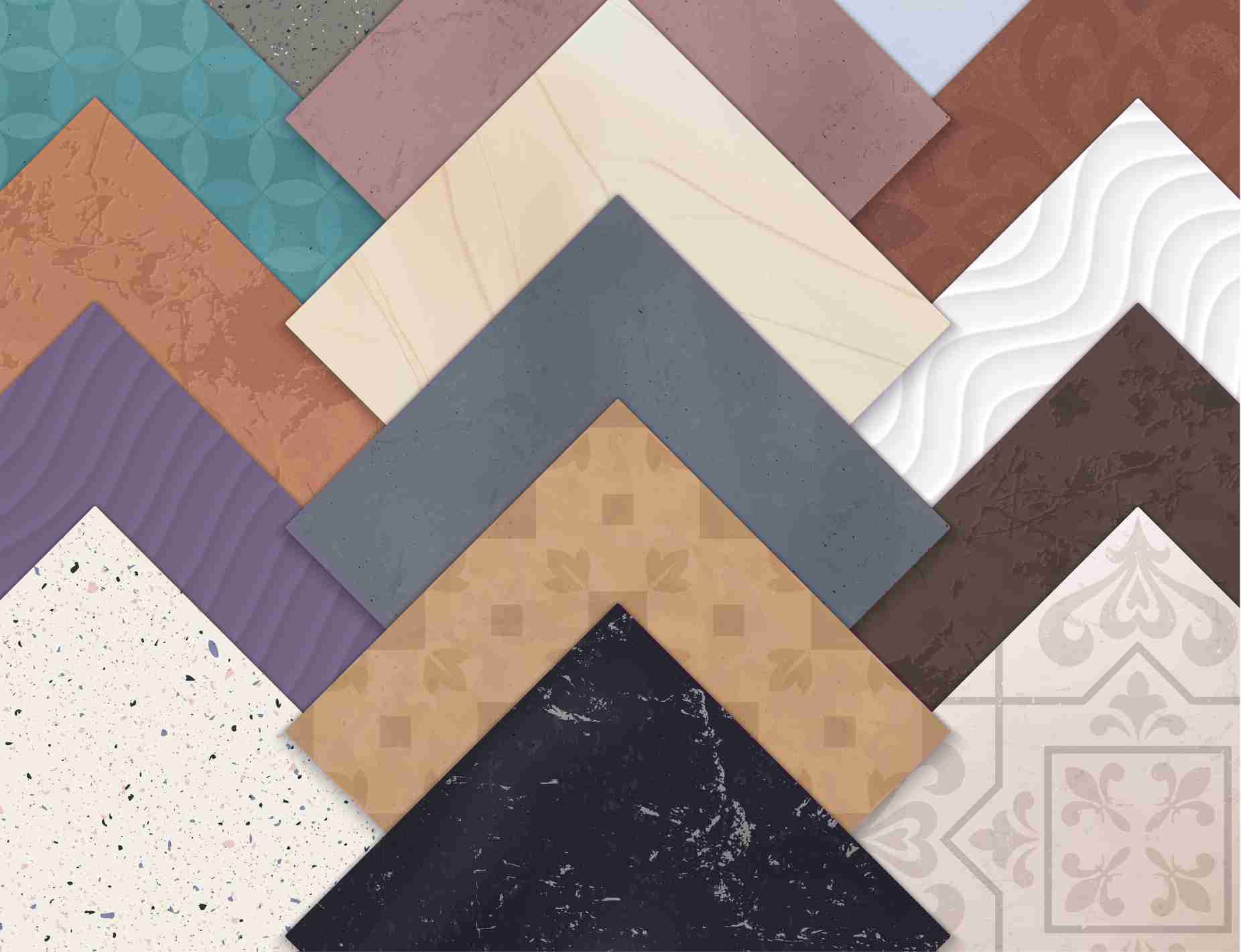When choosing tiles for your home, the options can be overwhelming. Among the myriad choices, porcelain and ceramic tiles are popular contenders. Both offer durability, versatility, and a range of aesthetic options, but understanding their differences is critical to making the right decision for your home. This comprehensive guide will delve into the distinctions between porcelain and ceramic tiles, helping you navigate the tiled landscape and make an informed choice.
Understanding the Basics
Ceramic Tiles
Ceramic tiles are made from a mixture of clay, water, and minerals, which are shaped, glazed, and fired in a kiln. These tiles come in various shapes, sizes, and colors, offering homeowners different design possibilities. The glazing on ceramic tiles adds a protective layer, enhancing their resistance to stains and water.
Porcelain Tiles
Porcelain tiles, on the other hand, are crafted from a more refined clay that undergoes a higher-temperature firing process. This results in a denser and less porous tile compared to ceramic. Porcelain tiles are known for their strength, making them suitable for indoor and outdoor applications.
Strength and Durability
Porcelain
One of the defining characteristics of porcelain tiles is their exceptional durability. The high-density composition makes them more resistant to wear, chipping, and scratches. This durability is particularly advantageous in high-traffic areas or homes with pets and children. Porcelain tiles are less prone to water absorption, making them ideal for bathrooms, kitchens, and outdoor spaces.
Ceramic
While ceramic tiles are durable in their own right, they are generally softer and more porous than porcelain. This makes them more susceptible to damage in high-impact areas. However, ceramic tiles are still a reliable choice for various spaces within the home, especially when considering their cost-effectiveness.
Water Resistance and Applications
Porcelain
The low porosity of porcelain tiles makes them highly resistant to water absorption. This feature is a game-changer in moisture-prone areas, such as bathrooms, kitchens, and outdoor patios. Porcelain's water-resistant nature makes it a preferred choice for flooring in climates with temperature fluctuations, where the tiles are less likely to expand or contract due to moisture.
Ceramic
Ceramic tiles offer good water resistance, especially when properly glazed. This makes them suitable for bathrooms and kitchens, but it's essential to note that there may be better options for areas consistently exposed to water. In such cases, porcelain's superior water resistance may be the more prudent choice.
Aesthetic Variety
Porcelain and Ceramic
Both porcelain and ceramic tiles offer an extensive range of design options. These tiles come in various colors, patterns, and finishes, from traditional to contemporary styles. Whether you're looking for the classic warmth of wood-look tiles, the timeless appeal of subway tiles, or intricate mosaic patterns, both porcelain and ceramic tiles can fulfill your design vision.
Cost Considerations
Ceramic
One of the notable advantages of ceramic tiles is their affordability. Ceramic tiles present an attractive solution if you're working within a budget but still want a stylish and durable flooring option.
Porcelain
While porcelain tiles may have a higher initial cost, their long-term durability and low maintenance requirements can translate to cost savings over time. The investment in porcelain often pays off in reduced replacement and maintenance expenses.
Choosing between porcelain and ceramic tiles depends on your needs, preferences, and lifestyle. Porcelain may be ideal if you prioritize unmatched durability, water resistance, and a more substantial upfront investment. On the other hand, if budget considerations are paramount and you're seeking a versatile and cost-effective option, ceramic tiles present a compelling solution. Whether you opt for porcelain's sophisticated resilience or ceramic's budget-friendly charm, your floors and walls will reflect the perfect blend of style and functionality.

